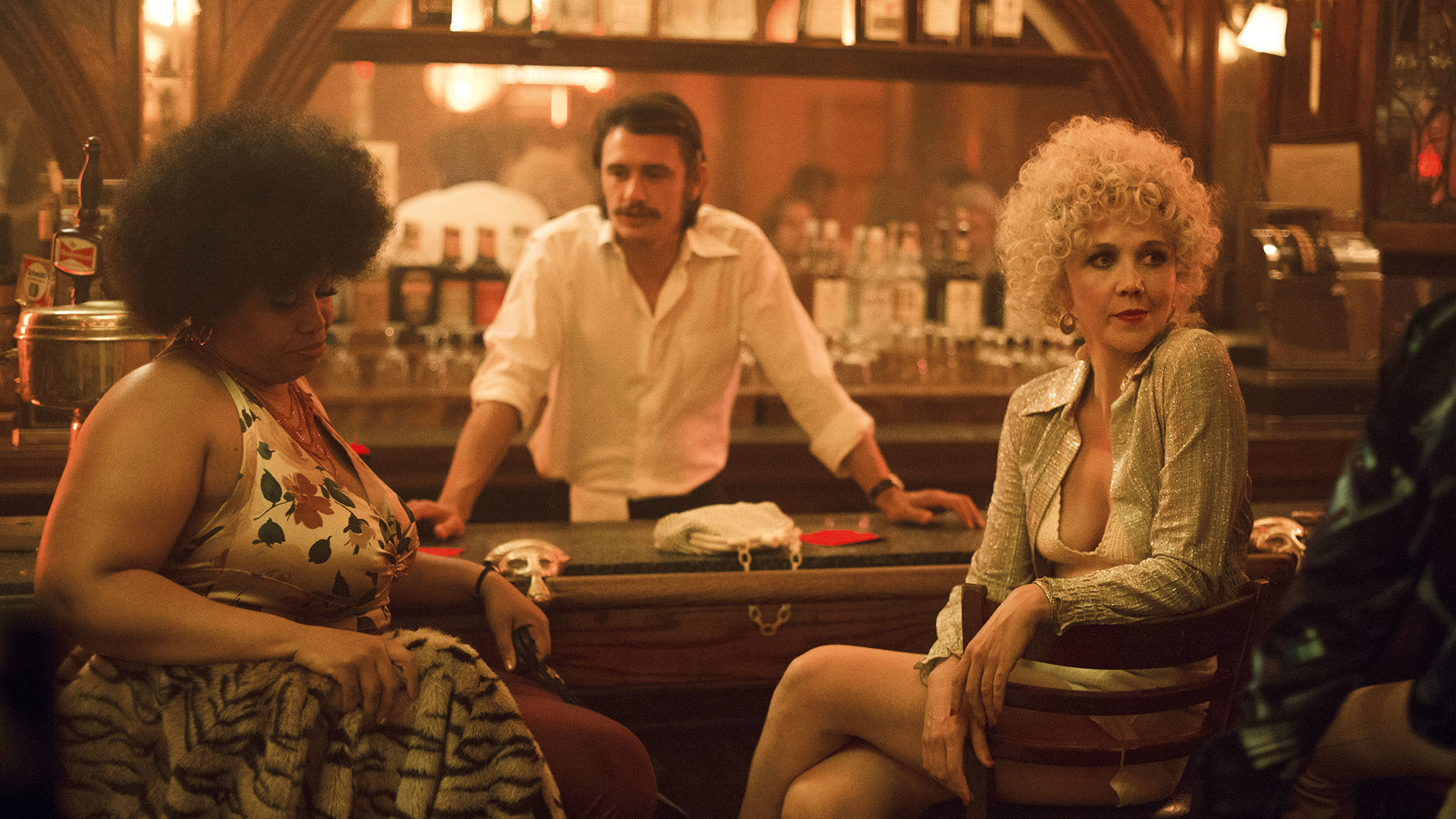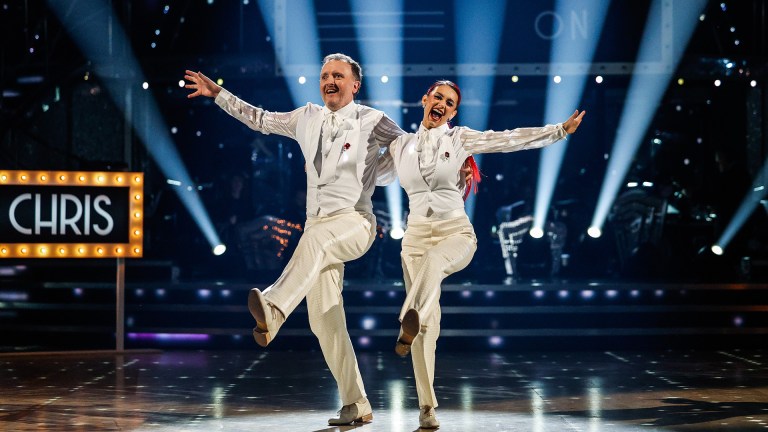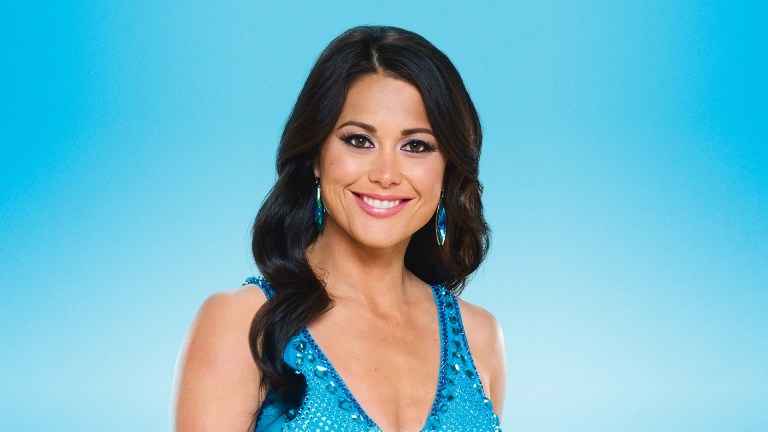There was a golden age of TV intros in the 1980s when bombastic action sequences scorched our screens to the accompaniment of funk-pop theme tunes every time one of our favourite shows got underway. There was William Shatner jumping out of a helicopter into a moving speedboat to introduce us to every episode of TJ Hooker; and there was Bodie and Doyle driving their Ford Capri through a glass shopfront in The Professionals.
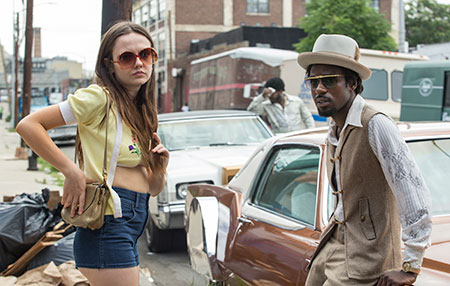
It was also the era of the elaborate back story: the likes of The A-Team (‘In 1972, a crack commando unit was sent to prison by a military court for a crime they didn’t commit’), Manimal (‘Jonathan Chase, master of the secrets that divide man from animal’) and Knight Rider (‘A shadowy flight into the dangerous world of a man who does not exist’) managed to shoehorn a shit ton of sometimes baffling background information into the first few moments of a show while the name of the second assistant producer was still animating on the screen.
With its sprawling cast of prozzies and pimps, villains and degenerates, it is ambitious, immersive and Dickensian (there, I’ve said it) in scale.
A cracking opening sequence can reel in a viewer with a promise of the riches to come; they can provide context and set the tone; they can be the all-important amuse bouche of a TV show. David Simon’s new drama, The Deuce, delivers the best title sequence of recent decades. It leaps from the screen in a rich kaleidoscope of seventies colour, grimy New York street scenes and beautiful vintage effects. And it’s all set to the magnificent soundtrack of Curtis Mayfield’s (Don’t Worry) If There’s A Hell Below, We’re All Going to Go. It’s a real knockout of an opener – so good, I could watch it over and over again and skip watching the show itself. But that would be a mistake because it is a brilliant show. I felt David Simon disappeared up his own backside a little bit after the critical acclaim he received for The Wire. Generation Kill and Treme were worthy and a bit turgid. It was as if Simon had got carried away with social commentary over entertainment. With The Deuce, he redresses the balance helped, no doubt, by collaborators George Pelecanos and Richard Price – two of the greatest crime novelists of their generation.
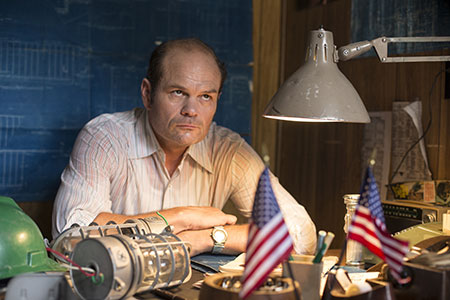
The Deuce paints the sex industry of 1970s New York with a tawdry glamour. Like The Wire it is both affecting and compelling; sad but exciting. With its sprawling cast of prozzies and pimps, villains and degenerates, it is ambitious, immersive and Dickensian (there, I’ve said it) in scale.
In fact, the only way it could be improved is if they got someone to read a description to that effect over the opening titles, just to set the whole thing up a bit quicker.
The Deuce is on Sky Atlantic on Tuesdays
